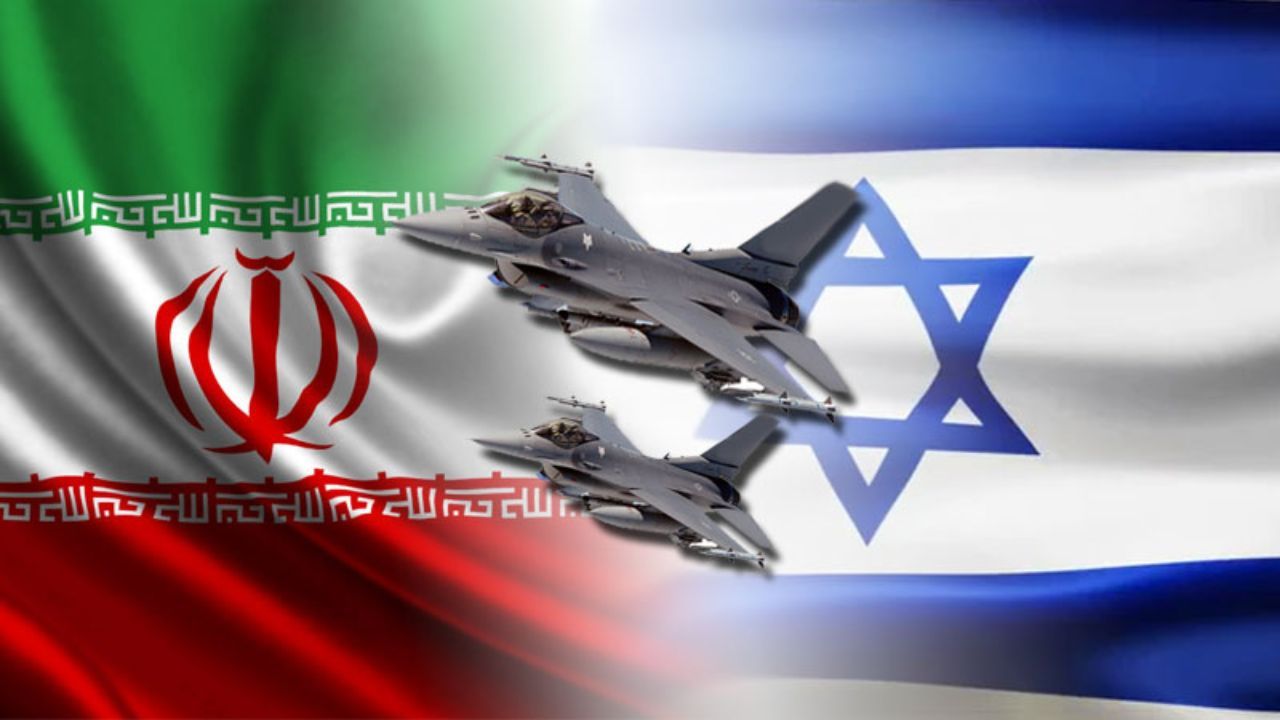The long-standing and undeclared shadow war between Iran and Israel has recently taken a dangerous turn, capturing global attention. These two Middle Eastern adversaries have engaged in a covert conflict, carefully avoiding an all-out war that could have devastating consequences for both nations. Let’s delve into the intricacies of this shadow war and explore its implications.
The Three Fronts of the Shadow War
1. Iran’s Nuclear Program
- Israel remains deeply skeptical of Iran’s repeated claims that its nuclear program is purely for peaceful purposes. Instead, Israel believes that Iran is secretly pursuing nuclear weapons and the means to deliver them via ballistic missiles.
- Covert Israeli actions against Iran’s nuclear program include the infamous Stuxnet computer virus, which disrupted Iran’s centrifuges in 2010. Additionally, key Iranian nuclear scientists have met mysterious fates, and high-profile assassinations have occurred.
- The Joint Comprehensive Plan of Action (JCPOA), signed in 2015, aimed to curb Iran’s nuclear ambitions in exchange for sanctions relief. However, recent developments have put the program at a potentially dangerous stage1.
2. Proxy Conflicts
- Rather than engaging in direct warfare, Iran and Israel have fought through proxies. Hezbollah in Lebanon and other Shia militias have been key players in this proxy conflict.
- These battles occur in neighboring countries, allowing both nations to avoid a full-scale war while still exerting influence and pursuing their interests2.
3. Tit-for-Tat Actions
- The shadow war involves a series of calculated moves by both sides. Each action is met with a counteraction, maintaining a delicate balance.
- Recent events, such as the mysterious explosion at Iran’s Natanz uranium enrichment facility, demonstrate the escalating tensions. Iran blames Israel for the sabotage, and revenge is promised3.
- Ayatollah Khamenei, Iran’s supreme leader, has repeatedly called for the elimination of Israel, further fueling the conflict4.
The Risks and the Way Forward
- Regional Instability: The shadow war destabilizes the entire region, affecting neighboring countries and international relations.
- Accidental Escalation: A single misstep could lead to unintended escalation, plunging both nations into a devastating conflict.
- Global Implications: The world watches closely, aware that any major confrontation could disrupt energy markets, impact global security, and strain diplomatic ties.
- Diplomatic Efforts: International diplomacy must continue to prevent an irreversible slide toward war. Dialogue, de-escalation, and confidence-building measures are crucial.
In conclusion, the Iran-Israel shadow war remains a precarious dance on the edge of conflict. As tensions persist, the international community must work tirelessly to prevent a catastrophic outcome and seek peaceful solutions to the complex challenges posed by these implacable foes.




